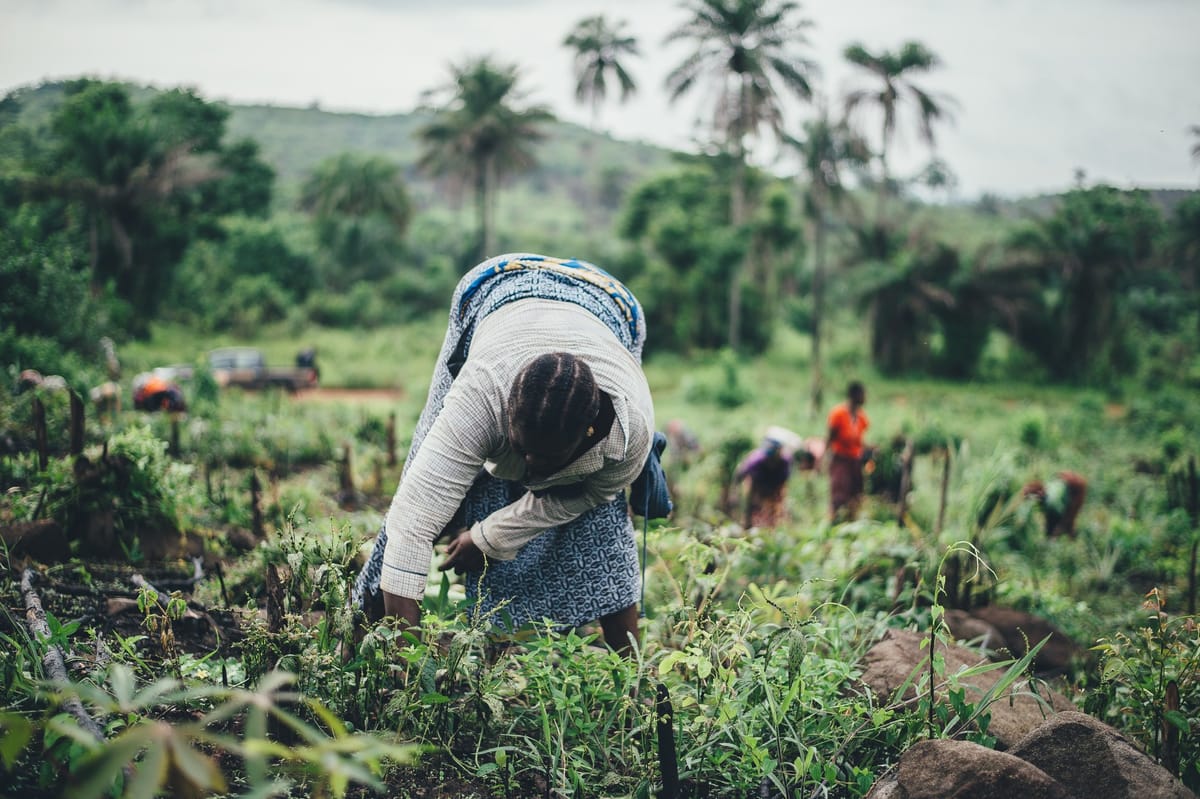


Empowering women in agriculture, will not only increase food production, but it will improve malnutrition which costs the African economies the equivalent of 11% of its GDP.
The gist:
Evidence suggests that “one in five Africans faced hunger in 2020 – more than double the number of people in other parts of the world.” A recent report “by the Malabo Montpellier Panel to tackle food security in the region highlights the importance of women taking control of nutrition-relevant resources and decision making.”
The Stats:
The Report that analyzed “over 50 country reports published between 2017 and 2020,” offering a “roadmap of government action toward better performing and more resilient African food systems.” Empowering women in agriculture as a prolific and sustainable solution, that can also lead not only to more food production, but better nutrition in the foods produced.
Source ▼
Connect with the Report here.